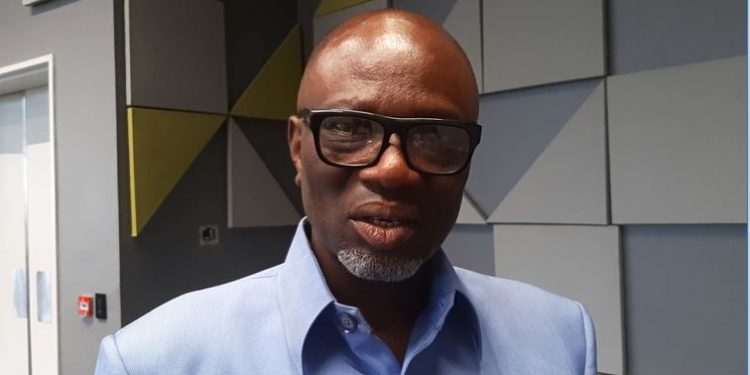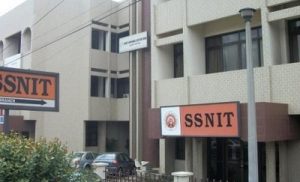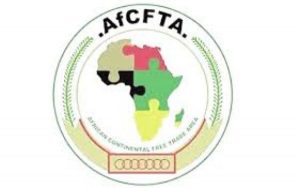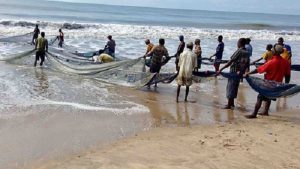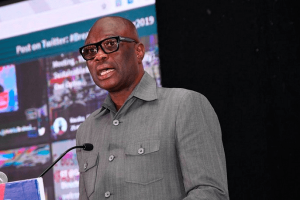The Ghana Union of Traders’ Associations (GUTA) and Ghana Institute of Freight Forwarders (GIFF) have reported Shipping Line Operators in the country to the Council of State (COS) over activities they claim are leading to the high cost of goods.
They urged the council at a meeting called by the Council of State to investigate the rising cost of goods and services in the country, noting that there are a number of charges on the books of shipping lines that have outlived their usefulness and are unreasonably increasing the cost of doing business resulting in high pricing of goods.
They added that several petitions and negotiations by the Ministries of Transport and Trade and Industry, which led to the Ghana Shippers’ Authority setting up a platform to deliberate the matters, as they border on the country’s competitiveness, resulted in little or no change.
Speaking to the B&FT after the meeting with the Council of State, President of GIFF, Edward Akrong, the matter must be reported directly to the President as the shipping lines cannot continue what he claims to be rent-seeking operation leading to the high cost of goods and also making the nation uncompetitive.
“We want the President to be tough and push state bodies to take drastic decisions including closing down recalcitrant shipping lines. What they do here cannot be done in Nigeria. It has been tolerated over the years and it is becoming the norm. It must be stopped,” Mr. Akrong said.
He added that already, Freight Forwarders are struggling with container deposits, charges for use of online payments, un-invoiced and un-receipted deductions from deposits, blacklisting of agents and container damage fees. He described some of the charges imposed by the shipping lines as strange to the global industry and amount to the raking in of unreasonable profits.
The President of GUTA, Dr, Joseph Obeng also said: “They (shipping lines) are private entities, we agree, but if we let it go then it will go over the roof, and that would impact on the cost of goods and some services needed to run the economy.
Apart from demurrage, we have other issues. Now we have security fees, ISPS fees, port additional charges etc., all these are on their invoices; they will have to explain them well and tell us why the importer needs to bear the cost, and why are these charges not embedded in the freight charges.
Most of these charges, we know, are factored into the freight rate paid at the port of loading; we don’t understand why they are standalone on the invoices in Ghana,” he added.
The Chairman of the Council of State and the Omanhene of Asante Juaben, Nana Otuo Siriboe II, ask them to put together a paper on their challenges, clearly juxtaposing it with that of other shipping lines operating in the sub-region and present it to the council. The Council would thereafter study it and make the appropriate recommendations to the President.

